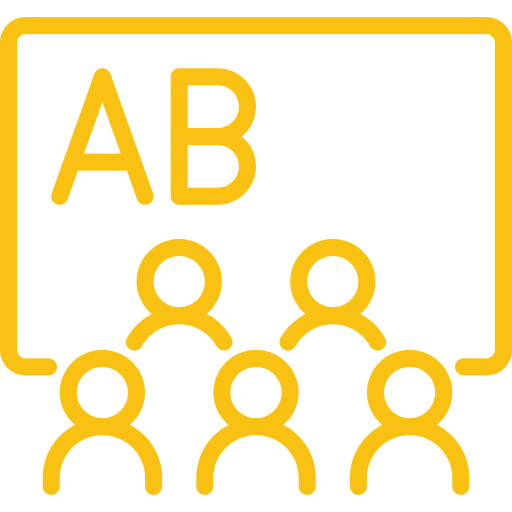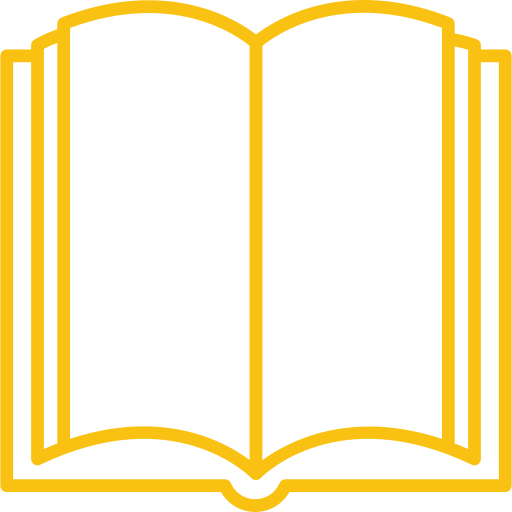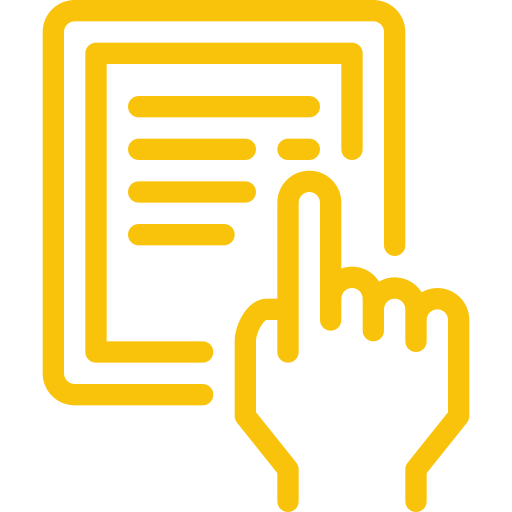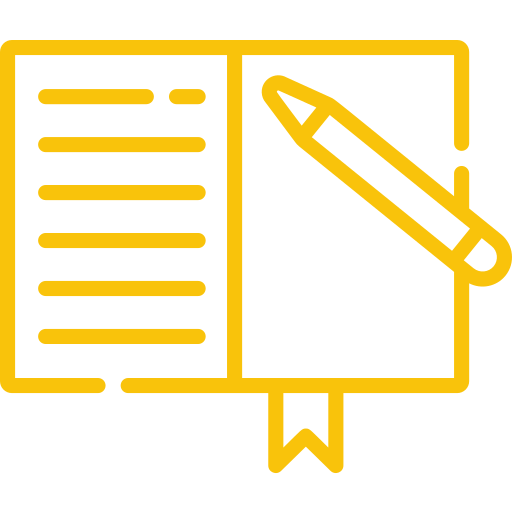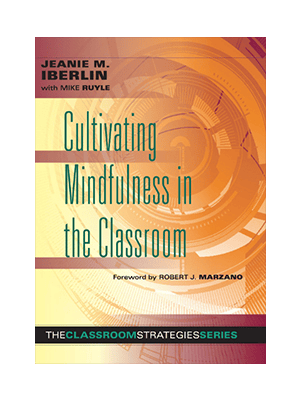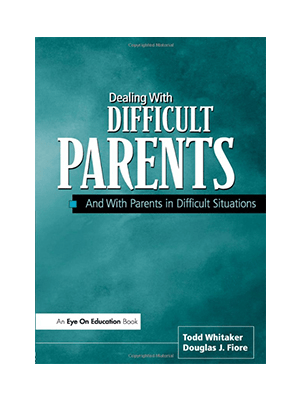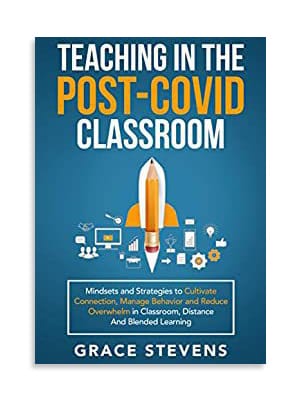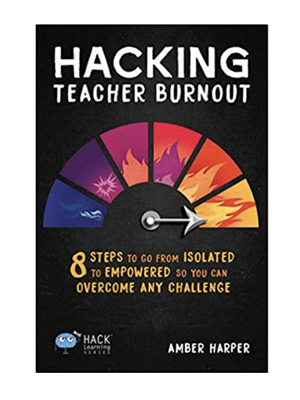Tips to Improve Student Progress Starting Tomorrow
We’ve all been there — it’s midway through the year and your students are struggling to make progress. You’re focused on consistent skill-building, classroom review, student engagement, but nothing seems to move the needle quite far enough. According to education and author Rick Wormeli, the answer may be right in front of you! The daily assessments teachers use in their classroom can mean the difference between student progress and student stagnation. Let’s take a look.
Teachers know that not every student learns in the same way or at the same pace, so assessments provide valuable information about where learners are along a continuum. Students understand this, too, and they learn to use feedback from assessments to improve their skills.
There are three forms of assessments teachers typically use in instruction: pre-assessments, formative assessments, and summative assessments. Each serves a unique function in supporting student learning. Let’s review those now.
- Pre-assessments are given at the start of the unit. They prime the brain for learning and assist teachers in determining student readiness and learning backgrounds. Data from pre-assessments is used primarily to inform instructional choices for the teacher. Data can sometimes be used to document student progress to show “before and after” growth during a unit.
- Formative assessments are short, frequent learning “check-ins” throughout a unit of study; they are offered in a variety of formats (for example, exit slips, quick-writes, think-alouds, etc.). Ideally, they focus on one skill at a time to pinpoint areas for improvement. Wormeli says this where the real power of learning resides. With formative assessments, teachers document students’ progress in individual skill areas so they can provide quick feedback and make informed instructional changes to maximize learning. The consistent feedback compels students to revise their thinking for continued growth. In essence, the less feedback the student receives, the less growth we will see.
- Summative assessments are completed at the end of a learning unit. They provide students an opportunity to demonstrate proficiency or “mastery” after a sustained period of practice and feedback. The content of summative assessments reflects the standards or essential skills covered in the unit. The format can be creative, and students can be offered choices, unless a standard calls for specific format (e.g. students can’t write a poem if standards requires an essay).
While most teachers today use these three forms of assessments in their classrooms, Wormeli believes that poor progress for students can often be a result of an imbalance in their implementation or completion (in the case of student absences, for example). Specifically, he believes teachers are required to invest too much time designing summative assessments because they are perceived as more “important”, but in reality, their “end of unit nature” tends to limit their impact on student learning. Wormeli believes the real emphasis should be on formative assessments – the check-ins we give throughout the unit to make sure our students are understanding the content. Below are Wormeli’s tips to place more emphasis on the formative stage of learning to increase growth.
Tips to Improve Growth Through Formative Assessments
TIP #1: Teachers should spend the bulk of their time designing and using formative assessments on the way to summative achievements. These frequent checkpoints are where students AND teachers learn the most: students gain valuable feedback on their performance, allowing them to make adjustments to their learning, and teachers learn where students may need extra supports or additional instruction along the way.
TIP #2: Even though formative assessments are most important for growth, teachers should create their summative assessments first. In fact, Wormeli recommends it is the first thing teachers should do – even before writing the unit lesson plans. This way, teachers make sure to include the specific skills or standards they intend to cover in the unit. He recommends that the summative assessment can then be used to create a simplified pre-assessment and these two documents together can serve as “guideposts” to create formative assessments and help keep the students working towards the specific skills and standards the teacher has identified for the unit.
TIP #3: Feedback, Feedback, Feedback! Research shows time and again that frequent feedback to students about their progress is key to student success. This is, in part, why formative assessments are so impactful – they provide regular opportunities to provide meaningful feedback. Not all feedback is created equal! The best feedback to support student achievement is non- judgmental. Comments such as “good job,” well done,” or “unacceptable” — any comment that suggests a student’s work is right, wrong, good, or bad — can intimidate students and shut down learning.
TIP #4: To avoid the natural tendency to judge, Wormeli suggests teachers should focus on describing students actions, specifically the decisions they make in their work and their impact. Consider this example: Judgment feedback (not helpful): “Excellent introduction to your essay!” Feedback on decisions and their impact (helpful and specific): “You used four of the five techniques for successful introductions we discussed in class. The details you used made me interested in what was coming next in the body of the essay.” The goal with “decision-impact” feedback is to help students make connections between the decisions they make as learners (e.g. the steps they did or did not take) and the impact those decisions have on their product or performance. The desired result of this form feedback is that students will use the information provided to make increasingly informed decisions, and therefore grow more proficient, each time they perform a task.
With some minor changes to the way we design and implement formative assessments in our classroom, we can help our students make meaningful progress and also help them see where their challenges are more easily.
